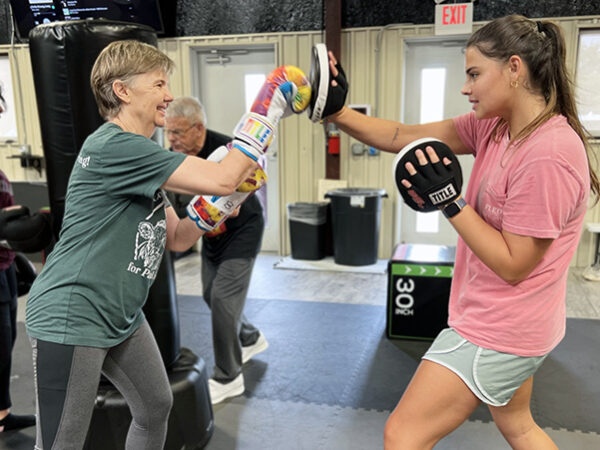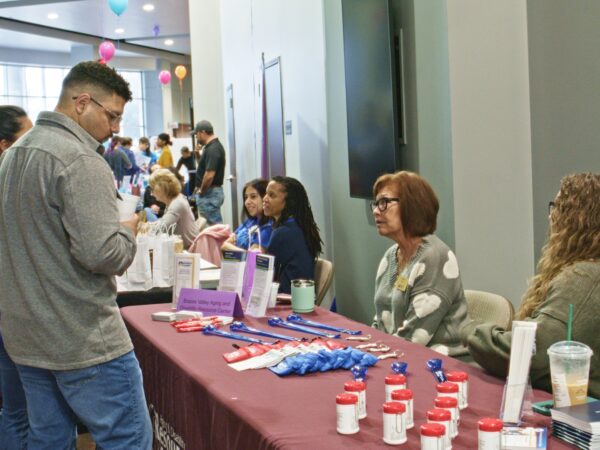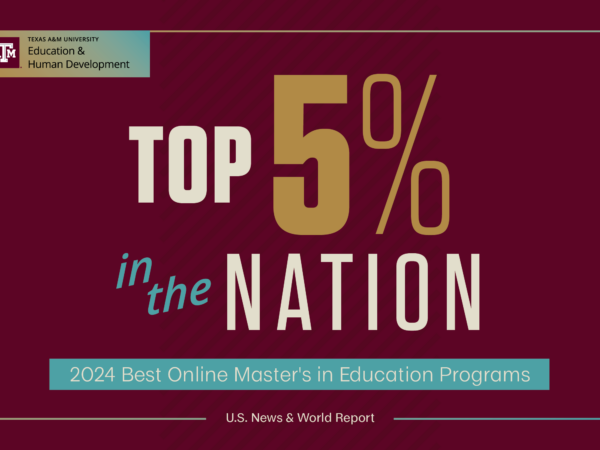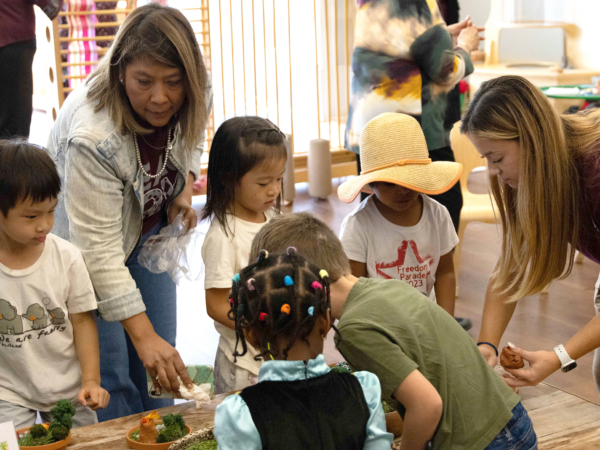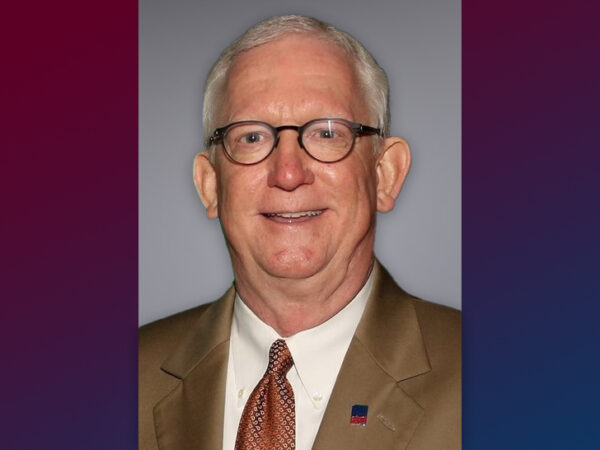First-Gen…The Tradition Begins
One in 68 children born in the United States is diagnosed with autism. Many of these children have complex communication needs, a challenge of particular interest to Dr. Jeni Ganz.
“With communication, it’s critical that we learn the necessary communication skills in all the different contexts. Communication is ubiquitous. We’re doing it all day long. We’re talking, we’re listening to a lecture, we’re reading something on the internet, we’re sending texts,” said Dr. Ganz, professor of special education.
Two years ago, Dr. Ganz received two grants totaling close to $1 million from the Texas Higher Education Coordinating Board. One of those grants involved providing training and support to parents of children with autism across the state.
During the past year, 137 families have participated in the full project including that of Timothy Wade. Timothy was diagnosed with autism four years ago. Last year, his mother, Pauline, heard about Dr. Ganz’s project and wanted to get involved. Through the project, she learned concepts and target skills to help Timothy improve his communication.
“His communication skills and attitude have improved tremendously. A friend of ours, who had not seen him in a year, mentioned that Timothy can stay on topic with the conversation, and his temperament has changed. He is much calmer and patient when talking with people,” explained Wade.
In the first step of the project, parents and caregivers to complete a two-hour webinar. This provides them with the basics about the interventions. If a parent or caregiver is interested in specific interventions, they can apply for individualized intensive training. Graduate students, who serve as coaches under Dr. Ganz’s supervision, conduct the training.
Over the course of 10 weeks, coaches hold weekly online meetings with parents and caregivers. They discuss how the parents are communicating with their children, how they are implementing the targeted strategies and what their priorities are going forward. Parents send videos of themselves using communication strategies with their children to the coaches. The coaches then give them feedback and note what they are doing well.
“We want to make sure that what we’re offering and providing to them is something that they want and find useful,” said Dr. Ganz. “We talk to them about the communication breakdowns at home, what their goals are and what we can target to improve quality of life for them and for their children.”
Once they establish a plan, coaches work with parents and caregivers on completing each piece.
“We’ve seen families struggle in the beginning, not being able to demonstrate communication skills independently. When we see the video of them closer to the end, it’s beautiful. It looks natural. The child is responding to the parent and communicating better,” added Dr. Ganz.
Participating parents have reported significant improvements in their children. Improvements include large gains in communication with adults and significant gains in communication with their peers.
One thing that makes this project unique is the ability to reach families in rural areas. Service providers knowledgeable about evidence-based practices are lacking in these areas.
This projects supports low socioeconomic families who would not otherwise be able to access these services. No in- person meetings are required and all training is done over the phone and online.
“For me, the best part is that I can talk with the parents through the use of technology. I can talk with them and model how to work with their children.
We can give them feedback through the videos they recorded. We not only correct what they are doing, we provide them positive reinforcement,”
said Ching-Yi Liao, a special education doctoral student who is a parent coach and the project coordinator.
For Dr. Ganz, this project goes beyond training parents and caregivers. Most of the graduate students serving as coaches are working toward becoming Board Certified Behavioral Analysts (BCBA). This project gives them the opportunity to gain experience and also get feedback from
Dr. Ganz on how well they are performing. Parents or legal caregivers who have children with autism up to age 22 are invited to participate. Parent coaching is available in English, Spanish, Chinese and Thai. You can find the application at tx.ag/parentcoaching.
FOR MORE INFORMATION, EMAIL: TAMUAUPARENT@TAMU.EDU.
About the Writer
To learn more about this article, or for media inquiries contact Ashley Green. Ashley is the Media Relations Coordinator and responsible for news coverage in the Department of Teaching, Learning and Culture as well as the Department of Educational Psychology.
Articles by Ashley


